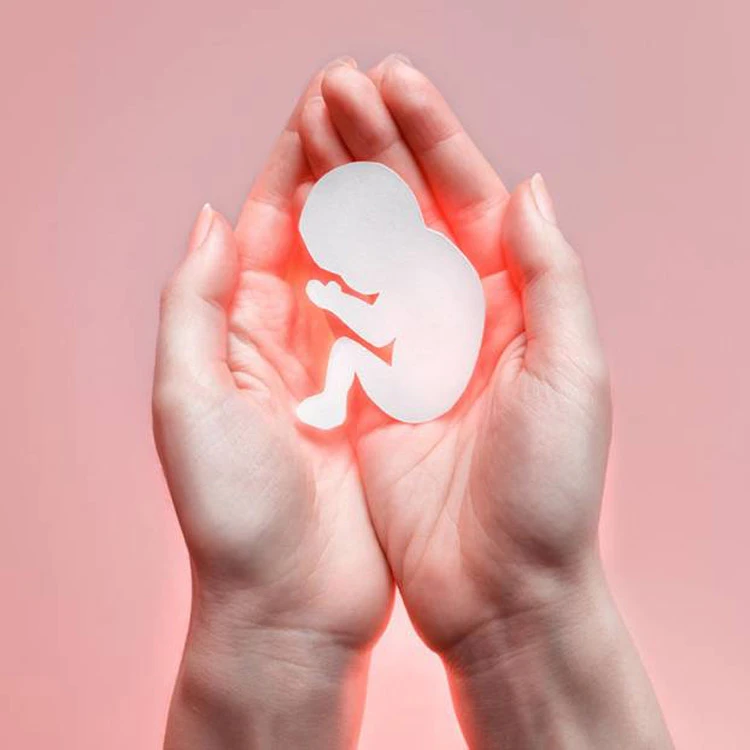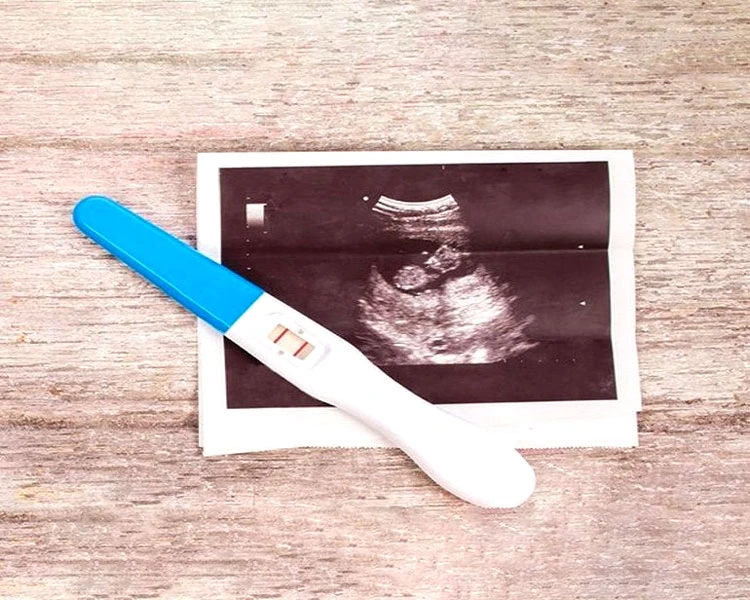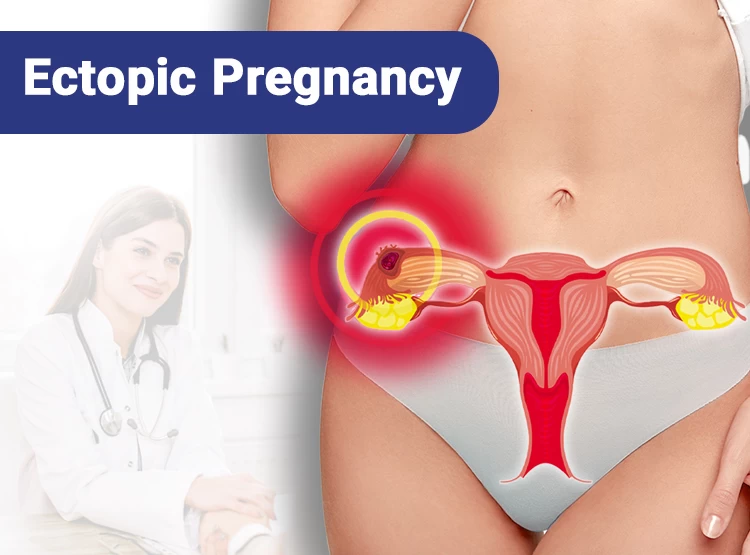Miscarriage does not jeopardize the life of the mother, but it can have a negative impact on her mental and physical health. Infection, pain, excessive bleeding, digestive problems, incomplete miscarriage (part of the fetus and placenta remains in the uterus), hormonal imbalance, depression and anxiety, and other problems can cause discomfort for the mother for a long time after miscarriage.
Silent miscarriage happens when the baby dies in the womb, but the body shows no symptoms. Diagnosing such miscarriages is hard as the pregnancy hormones are high for some time after the infant has perished. Light vaginal bleeding, cramps, and abnormal vaginal discharges can be the signs of silent miscarriage.
Preventing miscarriage, or at least reducing its risk, is attainable through getting regular check-ups, taking necessary vaccines and medications, managing infection, being more active, and avoiding harmful substances. What you eat and drink also plays an important role in lowering the risk of repeated miscarriage. Have more beans, whole grains, roasted chicken, sugar-free drinks, etc., to balance your hormones and prepare your body for holding the baby for 40 weeks.
Recurrent miscarriage refers to losing a fetus more than two times in a row. This happens due to immunological disorders, hormonal problems, uterus issues, chromosomal defects, infection of the reproductive system, metabolism disorders, and other factors. Fortunately, recurrent miscarriages can be treated by medication, assisted reproductive techniques, surgery, and lifestyle modifications.
Blighted ovum or anembryonic pregnancy happens when the embryo doesn’t develop in the gestational sac. This problem usually has no symptoms and can only be detected through ultrasound imaging. After the abortion, the doctor removes the pregnancy tissue through dilation and curettage (D&C) or with the help of medications.
Irregular menstruation and hormonal problems that lead to hair loss or sudden weight gain are the main symptoms of female infertility. Factors like age, premature menopause, low-quality eggs, problems in the reproductive system, endometriosis, infection, etc., are the leading causes of female infertility.
Ectopic pregnancy is a dangerous situation as it can cause permanent damage to the fallopian tube(s) and jeopardize the mother's life. Severe bleeding, sharp pain in the stomach and anus, pain in the neck and shoulders, pale skin, low blood pressure, and vomiting are the first and most important signs of ectopic pregnancy.






